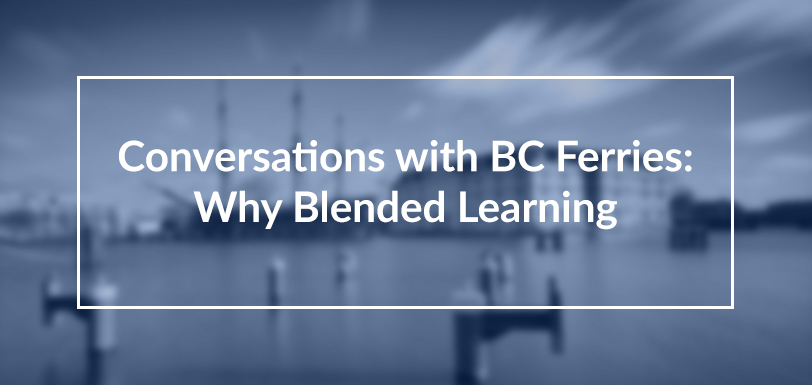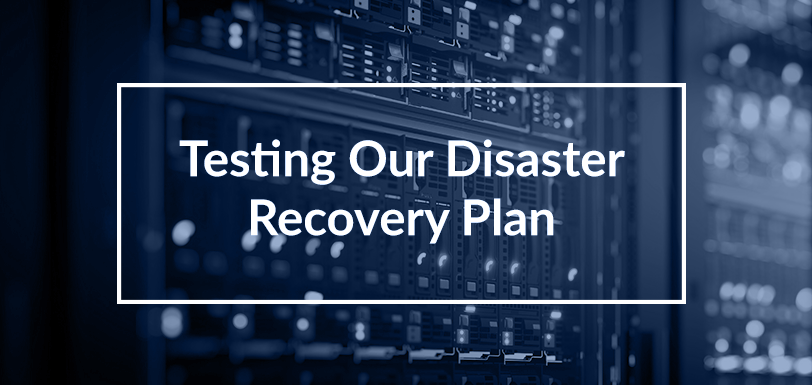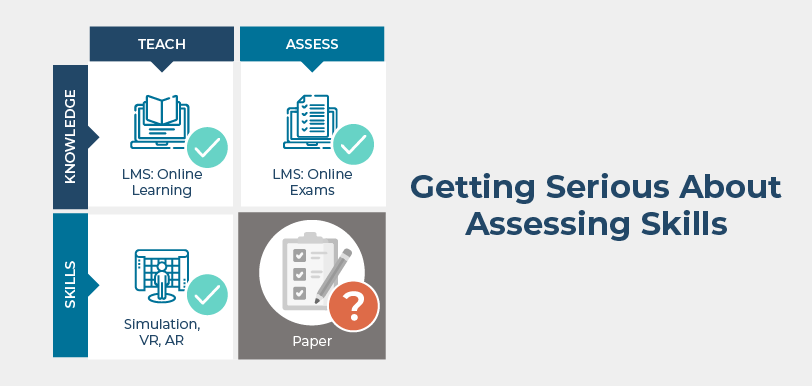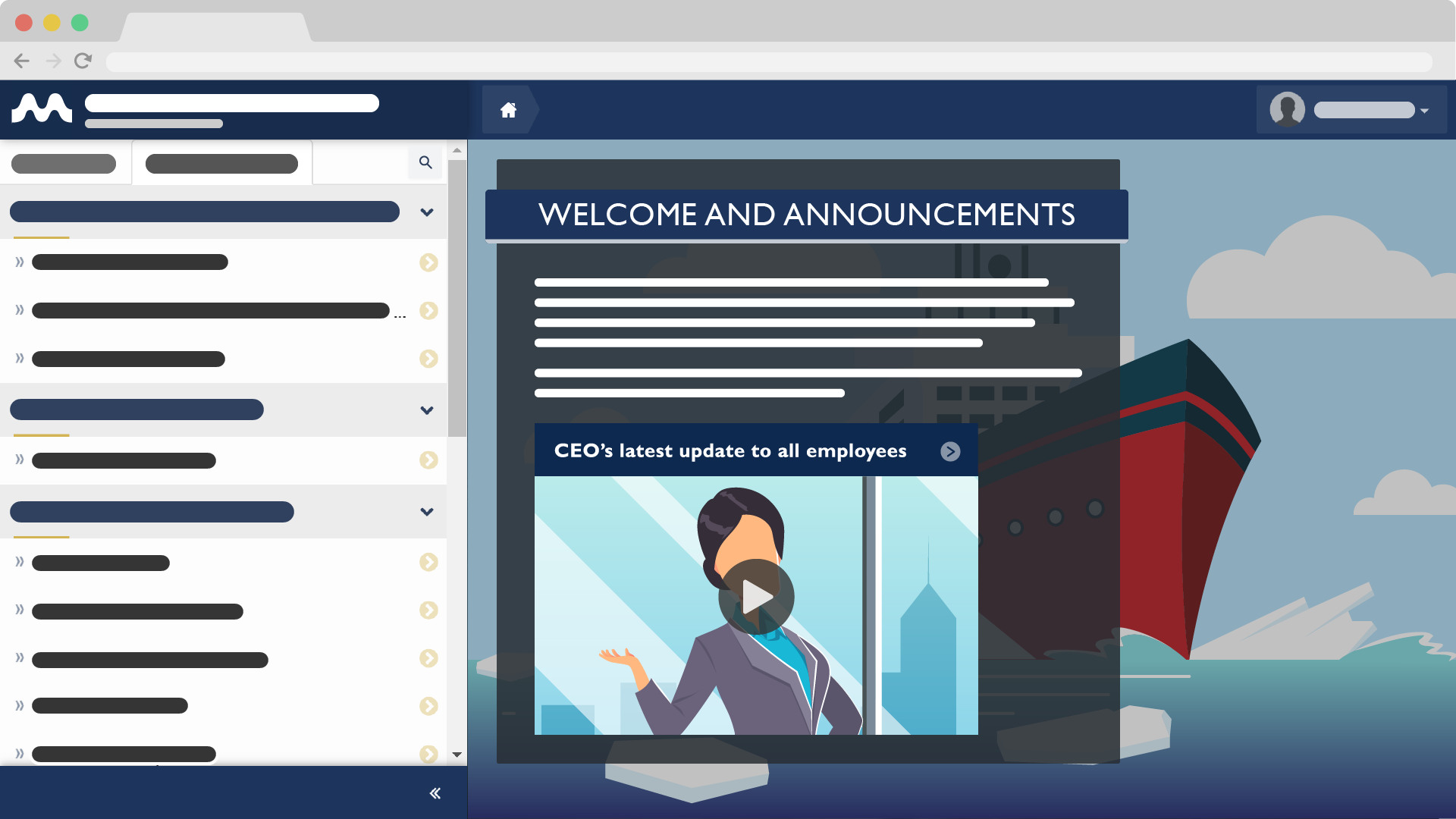Conversations with BC Ferries – Why Blended Learning
Jan 9, 2019 Marine Learning Systems 0 blended learning, Interview, Maritime TrainingPhoto above taken by Milad Alizadeh on Unsplash
Introduction
This is the first blog in a series that transcribes an interview Murray had with Jeff Joyce from BC Ferries. We spoke at length about his experience with implementing eLearning in a traditional organization, the challenges faced, lessons learned, and the results of investing into training and improving safety culture.
Why Blended Learning
Murray: So, Jeff, our company here got its start quite some time ago – actually probably four and half or five years ago – but even years before that. Really, the seeds of [of the company] were planted because of the work that I, as a consultant, was doing with BC Ferries. Do you want to tell us a little bit about that pilot that we did and the reasoning behind it?
What you were hoping to achieve, where you hoped it might eventually go?
Jeff: Sure.
I think starting from the beginning, March 22nd, 2006 the Queen of the North sank. We lost two of our passengers and it really kind of created a cry for action to do something better about our safety culture. From that event, a joint union management program called SailSafe was built and that was done with a huge number of front-line employees figuring out where the where the issues were in the company and what needed to be done to sort them out.
It was a phased program and had three separate phases. The first phase was about 48 action plans that came out of the gold dust, as it was called. The second phase was about 41 plans that came out of that and then the third phase has been sustainment, trying to keep the good stuff happening and continuing to work on the stuff that needs additional work.
One of the things that came out of that was the Standardized Education and Assessment (SEA) program. That started with the paper-based pilot that you mentioned with the deckhand position on one of our vessels: that Queen of Cowichan –
Murray: and that was early two thousand seven if I recall.
Jeff:- that’s right. So then I joined the company in August of 2008 after the paper-based pilot, saw the potential based on my master’s program and what I’d done in my previous life and decided that this was something that needed to get in front of the executive in order to get some resources and permission and so on. Move this program forward across all four of the operational departments of catering deck terminals and engineering.
Murray: So you said something, you talked about your master’s program. Because what was very interesting to me was this kind of blended learning approach – which really is what this was – was absolutely not the norm, to say the least, in the maritime industry up to that point. Do you think it’s really because of your educational background, essentially, that kind-of helped you see the potential here and want to take advantage of it?
Jeff: Yeah, I think so.
I mean, I grew up in the Canadian Navy and we were anything but innovative around learning. We taught as we’ve been taught and so on. While I was still in the Navy I went to Rural Roads University and took a master’s program there on leadership and training, and that was delivered in a blended way. So even though I came from a background that wasn’t about blended learning, the two years I spent on my master’s program thesis – it was the water I was swimming in so that’s what I was familiar with – and blended learning worked so well for me and as well as the rest of my cohort, in fact.
Murray: And I think that was kind of a theme, because what we had seen up to that point around 2007 was that blended learning, in research and in experience and in just about any other industry in the world, was highly successful. Yet the maritime industry really hadn’t adopted it yet and I remember just personally getting involved a little bit with the maritime industry and people would say, “Well it’s a traditional industry. Don’t expect them to necessarily take kindly to new ways of doing things.”
But my own personal experience, maybe part of it was working with you, was that it wasn’t that people were averse to trying new things, I think. In some sense, not a lot of people in the learning industry were paying attention to the maritime industry and weren’t giving them the tools that that they needed to be able to apply these kinds of things. So, you know now, I see blended learning is actually really accelerating tremendously in the industry and I credit a lot of that with BC Ferries and their willingness to share their experiences.
###
We will be posting the remainder of the transcriptions every month in between other blog articles – please Subscribe to the Blog if you want to receive notifications on when the next article is posted. Thank you for reading!
Follow this Blog!
Receive email notifications whenever a new maritime training article is posted. Enter your email address below:
Interested in Marine Learning Systems?
Contact us here to learn how you can upgrade your training delivery and management process to achieve superior safety and crew performance.






